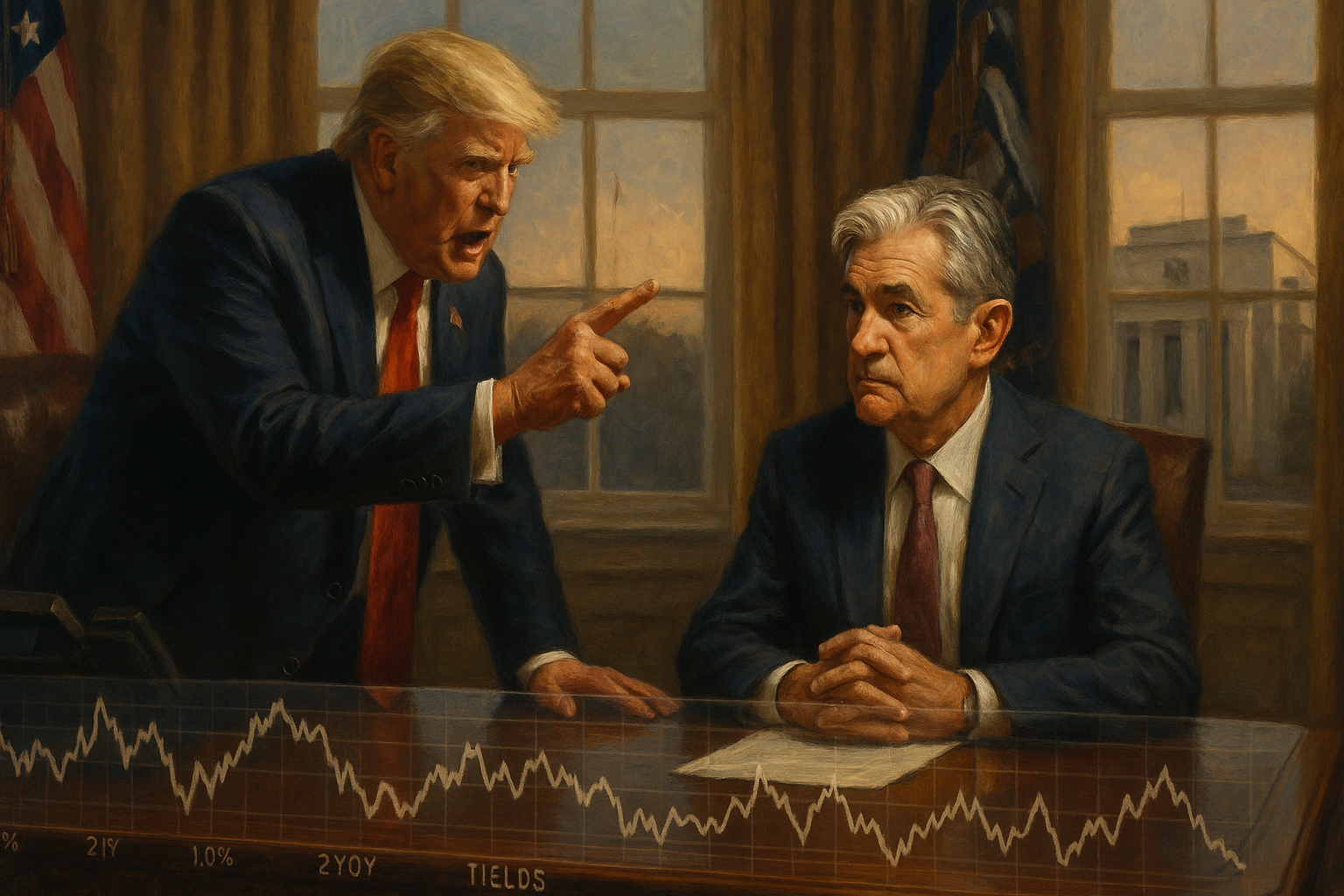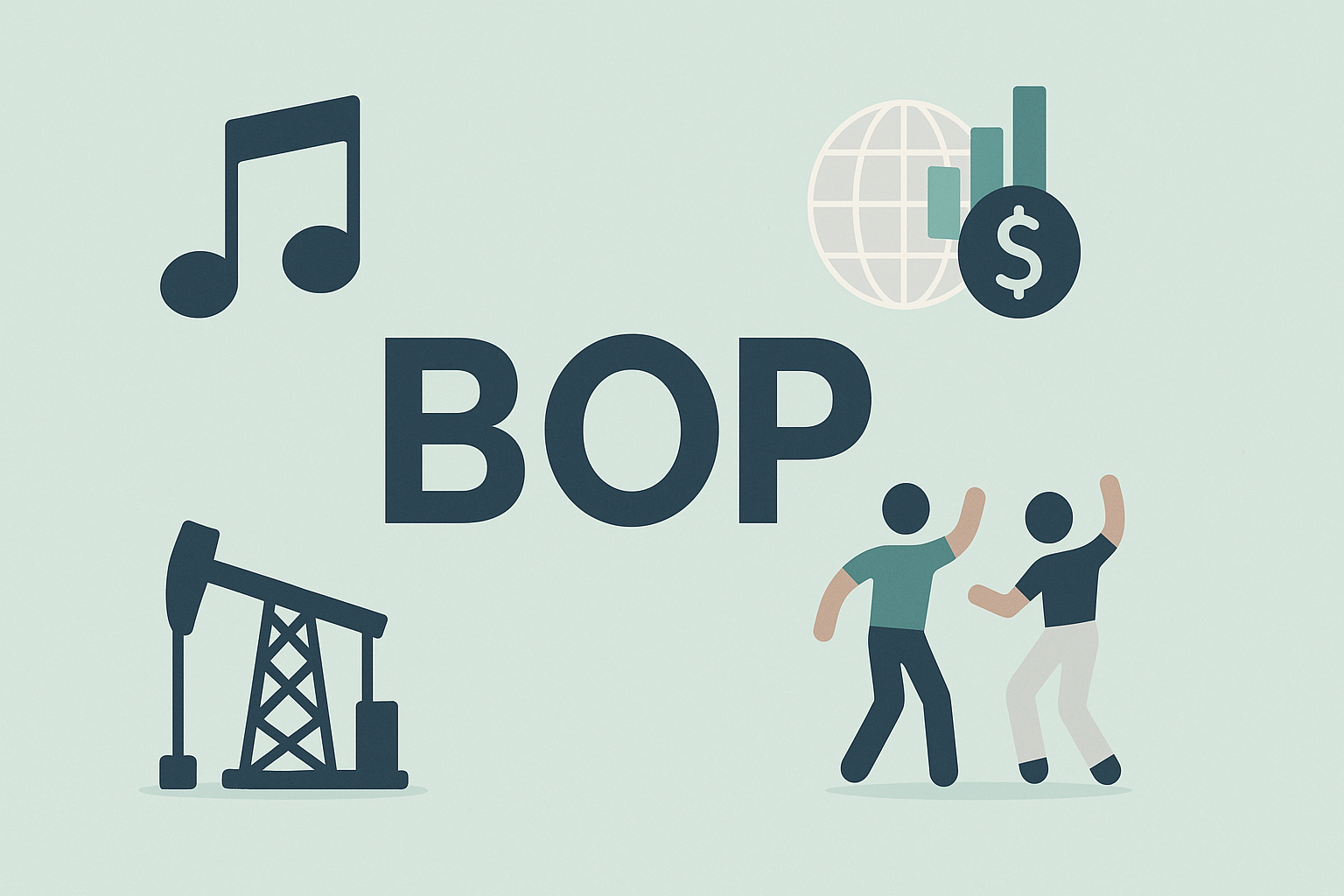The delicate relationship between presidents and Fed chairs is approaching a boiling point. A White House source has let slip that President Trump is "likely" to fire Federal Reserve Chairman Jerome Powell "soon" – a development that manages to be both utterly shocking and entirely predictable, given their history.
Wall Street, which has long treated Fed independence like some kind of sacred cow, now faces a real dilemma. How do you even begin to calculate the market impact of presidential meddling at America's most powerful economic institution? It's roughly equivalent to trying to price insurance on your home while your neighbor keeps flicking lit matches toward your garage.
Look, the deterioration between Trump and Powell hasn't exactly been subtle. The president has complained about interest rates for years, treating monetary policy like it's some personal affront rather than macroeconomic management. "Interest rates are my biggest problem," he's said repeatedly – as if the Fed's mandate includes presidential comfort.
There's a reason we established central bank independence in the first place. The logic is pretty straightforward (and compelling): politicians face short-term pressures to juice the economy before elections, while central bankers can focus on long-term stability. Economics nerds will recognize this as the time-inconsistency problem Kydland and Prescott described back in '77. The whole system was designed precisely to prevent... well, this.
Can a president actually fire a Fed chair? That's where things get murky. The Federal Reserve Act mentions removal "for cause" – traditionally interpreted as actual wrongdoing, not policy disagreements. The courts haven't definitively ruled on this, which means we're in uncharted waters.
If there's one thing I've learned covering markets for years, it's that uncertainty is financial kryptonite. Whether Powell's policies are too tight or not (debatable!), the idea that Fed leadership serves at presidential pleasure introduces a wild card into every economic forecast. Treasury yields would likely go haywire. The dollar might tank on fears of politicized monetary policy. And international faith in U.S. institutions? Another hit.
The timing couldn't be more awkward. With inflation finally showing signs of cooling and the Fed contemplating rate cuts later this year, any leadership shake-up would send confusing signals about monetary policy direction. Markets have already baked in several rate cuts for 2024 – what happens when those expectations need recalibration based on politics rather than economics?
This fits a broader, troubling pattern. Institutional guardrails that once seemed rock-solid increasingly look... flexible. The Fed's independence has been gospel in financial circles for decades. If that's now subject to presidential whim, what other assumptions need rethinking?
Central bank watchers (and I've spoken with several this week) are wrestling with an uncomfortable reality: monetary policy might now need to incorporate a "presidential put" – the notion that if rates don't drop fast enough to please the White House, intervention becomes more probable. This fundamentally alters risk calculations for everything from bond trading to business investment.
The irony? Presidents typically get the Fed chairs they deserve. Trump himself nominated Powell, presumably thinking he'd favor looser monetary policy. Now things have soured to the point where firing is apparently on the table. It's like hiring a personal trainer and then getting mad when they make you do push-ups.
Whatever happens next, one thing's crystal clear: the boundary between monetary and fiscal policy – already blurring in recent years – faces its greatest test in decades. And markets, which have shown remarkable resilience through political storms, may finally have to confront the fact that some institutional safeguards aren't as robust as we once believed.
We're about to discover just how much faith investors have in the system versus the individuals temporarily occupying its most powerful seats. Next month's Fed meeting just got a whole lot more interesting.




